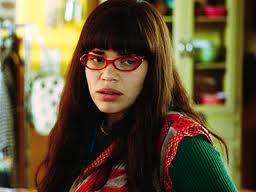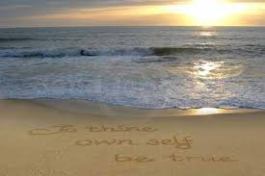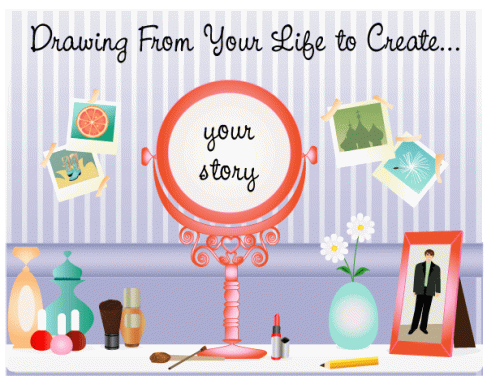
What is the working title of your next book?
The title of my new book is Born In The Change.
These are children that are born to older than average parents.
Where did the idea for your book come from?
I think this book has been in my subconscious for a long time. It has tried to push through
on many occasions in certain University courses. At first they were fragments, then they coalesced into stories.
What genre does your book fall under?
Memoir.
Which actors would you choose to play the part of your characters in a movie rendition?
This is a hard one. Who do you choose to play your family?
My dad was a strong character, so maybe Michael Douglas?

And for my sister, it has to be America Ferrera, it the glasses and crazy personality she portrayed in Ugly Betty. That’s Janet to a tee.

As for me, it’s impossible to say. So I think I will open this up to your the public.
Give it your best shot, I can take it.
What is a one sentence synopsis of your book?
I think the first sentence in my book says it all.
THAT DAY
“I guess I should start with a little about how a girl of fourteen came to be here, standing outside the door of her home, listening for just one noise that made it safe to enter. So you will have to bear with me, as the story makes more sense if I tell it this way.”
Will your book be self published or represented by an agent?
I admire both ways, it depends on how good you would be in the marketing etc.
I have looked at both sides, and weighed the pros and cons.
But for me I want to be represented by an agent for this book. This does not mean it right for every book, just this one.
How long did it take to write the first draft of the manuscript?
Well I am 47 now, so let’s say 47 years.
It takes a long time for memories to settle, especially the bad ones.
You have to live with them and digest them before you can talk about them and write them down. When everything came together, it took about a year to get a first draft.
The university has definitely motivated me and guided me in the right way. Not to mention the many valuable contacts I have made.
What other books would you compare this story to within the genre?
Two books that stand out straight away are,
Cider With Rosie, by Lauire Lee.
The Diary of Anne Frank, by Anne Frank.
I love the fact they are small fragments that form one long cohesive story.
Who or what inspired you to write this book?
I was sick of all the misery novels on bookshelves.
Sometimes the harshness in life can be good.
Ok, my parents were old and I lost them early.
Would I change this? NO. I had so much happiness in the little time I had with my family, they made me who I am. I wanted to tell my story and let the people see.
What else about the book might pique the reader’s interest?
Its from a child’s point of view. I want people to see how someone who is young sees things like death and illness.
Thank you to Octavia Grey for the pass on.
Hope you have enjoyed my brief glimpse into my mind. Let me now hand you over to an amazing children’s and adult writer Ian Douglas.
Over to you Ian.







